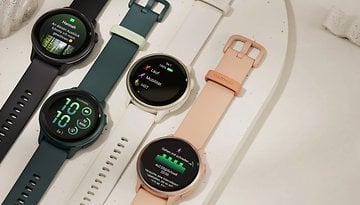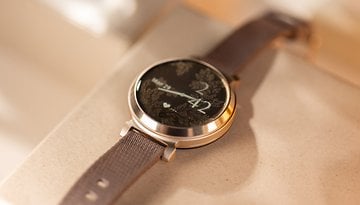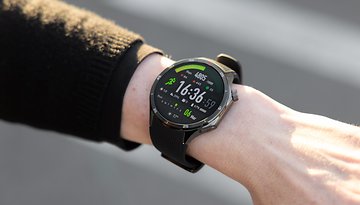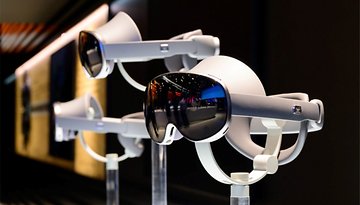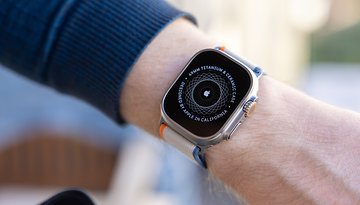Oppo Air Glass: aR glasses ala Google Glass unveiled
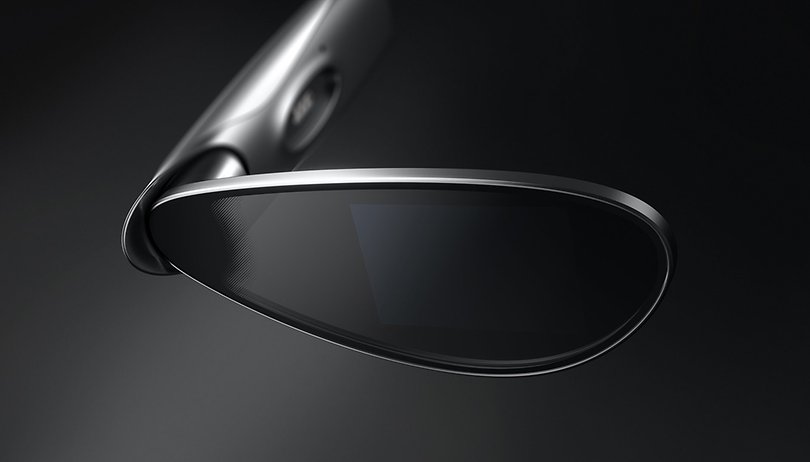

Read in other languages:
Oppo has finally unveiled its first smart glasses today. The Air Glass, which weighs a mere 30 grams, works like a head-up display and will first launch in China, without any additional information whether it will see action elsewhere in due time. Oppo has dubbed the Air Glass as aR glasses - "aR" as in "assisted reality".
TL;DR
- Oppo Air Glass consists of the frame and a 30g projector for the right eye.
- Two frames are available, optional lenses with sharpness are also available.
- The Air Glass can be controlled via a smartphone, watch, gestures, or head movements.
Is the age of smart glasses (finally) dawning? It's been almost a decade since Google Glass initially created huge hype, followed by some controversy, and finally, disappointment. For a decade, aR glasses from Epson, Vuzix, and others were niche products for B2B users or innovators. A few months before the upcoming WWDC 2022, we will most probably get a first glimpse of the Apple Glass, and Oppo has now unveiled its Air Glass.
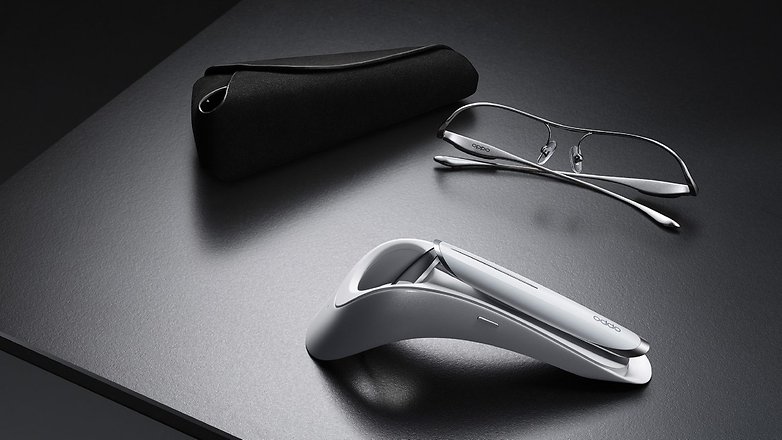
The Oppo Air Glass consists of two components: frame and projector module. The module attaches magnetically to the frame and weighs 30 grams. At its heart is the projector, which projects the image onto the waveguide in front of the wearer's right eye at all times, in 16 or 256 shades of gray depending on the mode.
The waveguide is protected from scratches by sapphire glass on both sides. Bystanders should not be able to clearly see the content currently shown on the display, according to Oppo.
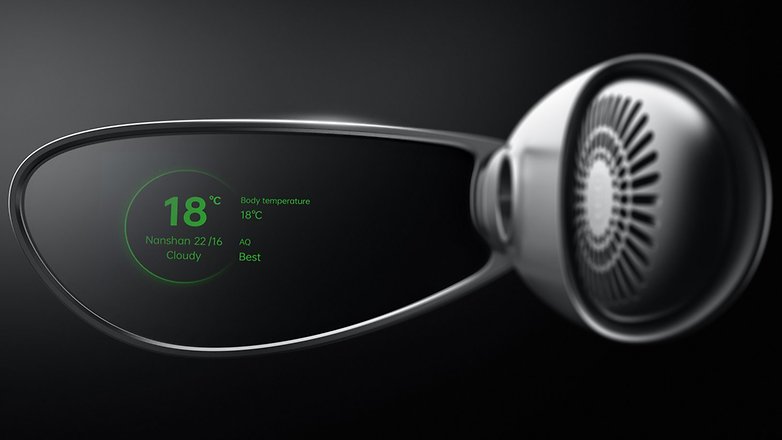
Qualcomm's Snapdragon Wear 4100 will handle all the computing power brunt. As the SoC was only introduced in 2020, thanks to the newer Wear 5100, it is already a discontinued chipset. However, better battery life is also likely to be more important than computing power right now, as you're unlikely to enjoy games like PUBG on these glasses, not the least because controlling them via the touch bar or hand gestures and head movements would probably be a nightmare.
Speaking of which, the Air Glass can still be controlled via Android watches and smartphones, with the full range of functions only available in conjunction with Oppo devices (naturally!). In addition to notifications, Oppo also claims to offer synchronous translation from Chinese to English, a teleprompter function, health and calendar apps, and navigation apps as initial examples of use.
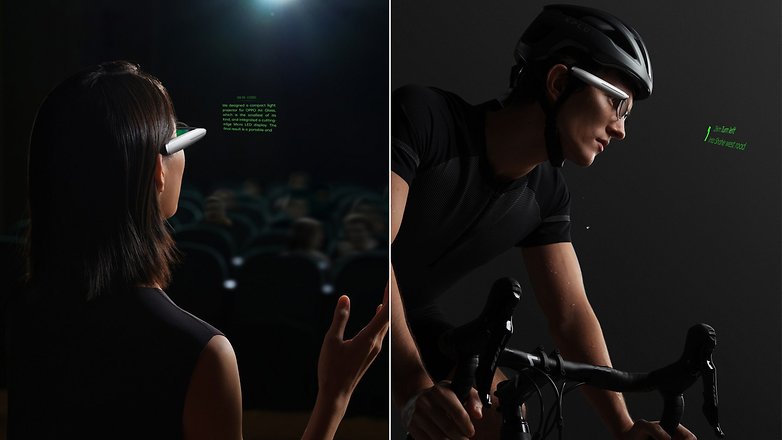
While the Oppo Air Glass is unlikely to cause controversy due to its lack of camera, one major criticism of the original Google Glass remains a decade later: battery life. After three hours, that's supposed to be it. Whether this is defined by continuous operation or standby, however, remains open. Another question mark that looms is how large the field of vision will really be and how high the projector's resolution is.
Two different options are available for the frame at press time: an open model and a closed model for glass wearers. The Oppo Air Glass will initially only be launched in mainland China. The launch there has been targeted for the first quarter of 2022 and Oppo has remained mum on its price or details of a global launch.






